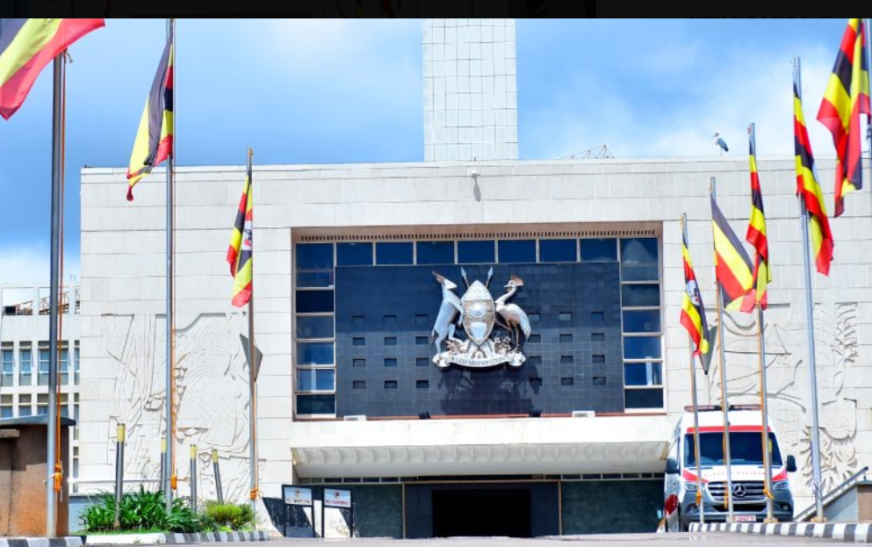The Shadow Minister of Public Service, Adeke Anna, has proposed downsizing Uganda’s Parliament by ensuring each district is represented by two MPs—one male and one female. She argues that Uganda’s MPs represent far fewer people compared to their counterparts in Nigeria and India, despite those countries having significantly larger populations.
Her proposal is outlined in the Alternative Policy Statement for the Public Service Sector (2025/26), where she contends that the current size of Parliament is unnecessarily large and imposes a financial burden on taxpayers.
“With 529 MPs, Uganda’s Parliament is excessively big. In contrast, India, with a population of 1.38 billion, has 552 MPs, each representing approximately 2.5 million people. China, which has the largest Parliament in the world with 2,980 legislators, serves a population of 1.439 billion, meaning each legislator represents about 482,000 people. Nigeria, with a population of 206 million, has 360 MPs, translating to approximately 570,000 people per representative,” she explained.
However, Uganda, with a population of 48.66 million, has 529 MPs meaning each legislator represents only 91,984 people. Adeke argues that a smaller Parliament would enhance debates, improve efficiency, and lead to more effective representation.
“We propose that each district be represented by a woman and a man, or that an MP should represent at least 200,000 people, considering constituency size. These measures would reduce the size of Parliament by 50%, from the current 529 members,” she stated.
Adeke, who is also the Soroti District Woman Representative, further called for an end to MPs serving as Cabinet Ministers, citing conflicts of interest in holding the Executive accountable. She insists that any MP appointed as a Minister should resign from their parliamentary seat before assuming office.
“We strongly propose that Cabinet Ministers should not be MPs. If an MP is appointed to the Cabinet, they should resign before taking up the ministerial position. The Legislature is responsible for oversight and ensuring checks and balances on the Executive. It is, therefore, difficult for MPs who are also ministers to scrutinize the government while being part of it,” she argued.





















